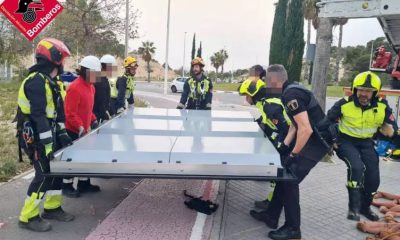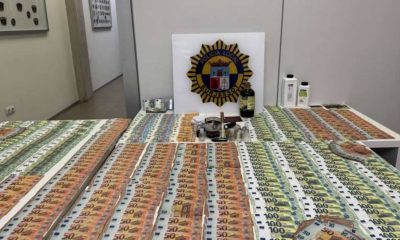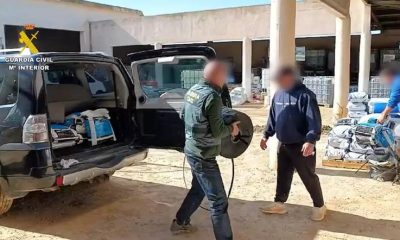Costa Blanca
15 arrested in Benidorm for money laundering and for making fake documents
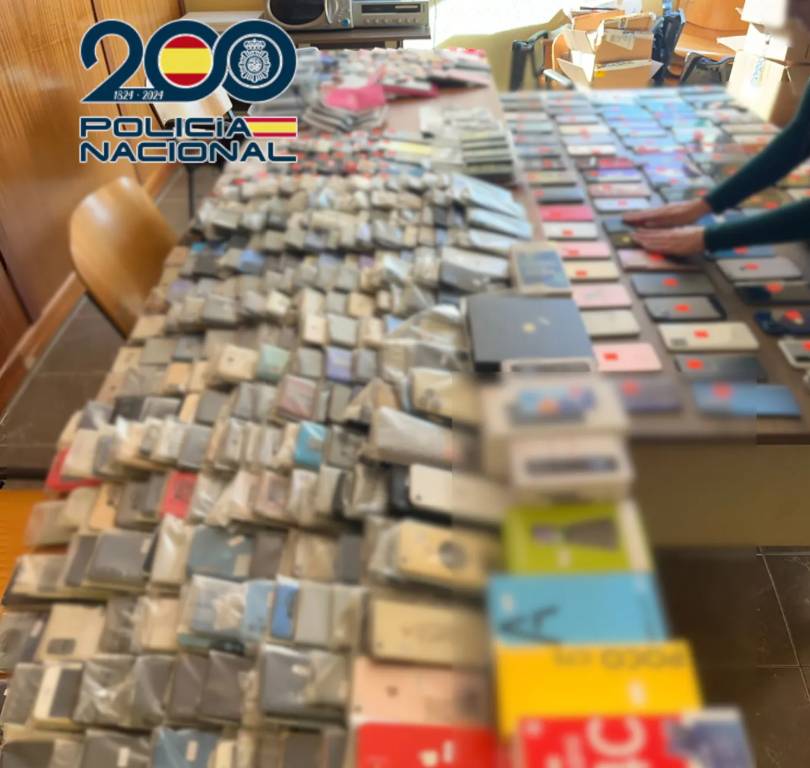
In Benidorm, the National Police have broke up a criminal group that was involved in forgery, money laundering, and damage to property crimes. As a result of this action, fifteen people have been arrested and a lot of cash, electronics, and fake documents have been taken away.
Several crimes were reported to the National Police station in the Hortaleza area of Madrid, which led to the start of the operation. As soon as agents took their first steps, they were able to identify the ringleader. A SIM card that had been linked to 140 stolen cell phones was also found to be being used. On that card, texts that looked like SMS were sent about strange transfers made to a bank account in Germany.
A Pakistani man was in charge of the organisation. He set the rules for the group, made sure that fake papers and expensive cell phones were released, and made sure that foreigners, mostly Pakistanis, got their visas.
While the investigation was going on, it was found that the group’s boss used a “call centre” service to get into stolen cell phones and maybe get bank passwords. There were 784 contacts with this service over the course of one and a half months.
A number of phone shops in Benidorm were also used by the network to store and sell stolen phones. In one of them, police caught a person who had several cell phones on him, including one that had been reported stolen.
So that they wouldn’t be caught when the cops checked out businesses, the people involved kept and processed the devices in their homes. Members of the organisation also did jobs to counter-surveillance in the area around the building.
At the end of the operation, six searches were done in Benidorm, in two homes and four businesses. In total, fifteen people were arrested, thirteen men and two women from Spain, Pakistan, and Russia. They were aged 19 to 61. There were arrest records for six of the people being held for different crimes, and one of them was in Spain illegally.
During the raid, police seized 437 cell phones from different price ranges, three laptops, two hard drives, 34 pen drives, 25 passports, 16 ID cards from different countries, 9,100 euros, and 580 pounds in cash.
The Benidorm Court of First Instance heard three of the people who were being held. The investigation is still going on, and the goal is to find any possible helpers and find out if there are any links to other crimes that are similar.
What do crime groups do with them? With the help of social engineering, they use them to pull off large-scale scams. They get away with their crimes by pretending to be banks, phone companies, or other legal businesses. They make people think there is a problem with their bank account, credit card, or cell phone. They trick people into giving them private information like passwords or security codes by telling them lies. They can use the information they got to get into bank accounts, open stolen phones, or commit financial fraud.
Why do they use a “call centre”? Because they can call a lot of people at once, this service lets them commit crimes on a large scale. You can trust these services because they are well organised and use scripts to make them look professional and believable. Finally, they use fake phone numbers to keep from being caught, which gives them a lot of privacy.
Discover more from Costa Blanca Daily
Subscribe to get the latest posts sent to your email.
Costa Blanca
Another sign removed from public roads in Benidorm due to the risk of falling
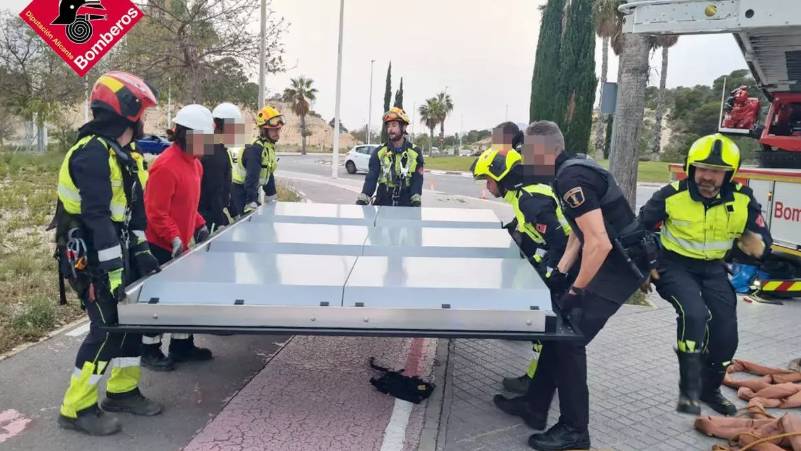
The local police summoned members of the Provincial Fire Consortium from the Benidorm fire station to address an incident on Avenida del Alcalde D. Vicente Pérez Devesa on Thursday, May 1st, as a result of the heavy wind gusts in Benidorm.
Specifically, an advertising hoarding was in imminent danger of collapsing onto the road as a result of strong gusts of wind, thereby posing a risk to both pedestrians and road traffic in the vicinity.
The screen that displays information of interest to the citizens of Benidorm was dismantled without causing any damage by firefighters, who worked closely with local police officers after a meticulous process.
Discover more from Costa Blanca Daily
Subscribe to get the latest posts sent to your email.
Costa Blanca
Cocaine and nearly 67,000 euros seized in a Cartagena home
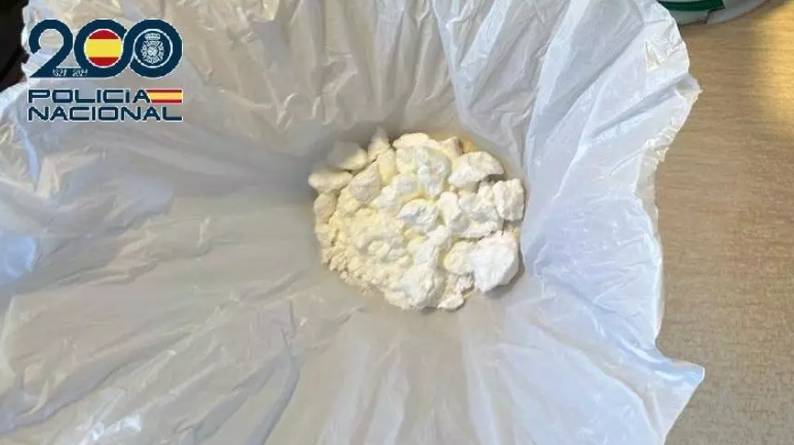
A woman and a man, aged 35 and 37, respectively, have been arrested by National Police officers. They are suspected of being the owners of a property on Paseo del Muelle in Cartagena, which was purportedly being used as a drugs sales point.
National Police officers conducted an investigation to eliminate drug-selling black spots in the region, which led to their discovery of a building situated on Paseo del Muelle in the port city.
According to a statement from the National Police, the strategic location of the area near the seafront resulted in a consistent influx and movement of individuals using these substances, whether by foot or by car.
The perpetrators frequently travelled to various locations within the city to procure the narcotic substance through the ‘telecoca’ method, which involved leaving their homes.
The National Police conducted a search of the property after obtaining the necessary judicial authorisation, resulting in the seizure of €66,728 in cash and cocaine that had been prepared for sale. Additionally, three motorcycles and a car that were employed in narcotic trafficking were confiscated.
A male and a woman, both of Spanish descent, have been arrested by the National Police in connection with these incidents. They are alleged to have engaged in drug trafficking.
The judicial authorities were granted access to the individual in charge in order to implement suitable precautionary measures.
Discover more from Costa Blanca Daily
Subscribe to get the latest posts sent to your email.
Costa Blanca
Nearly 70,000 euros in counterfeit currency seized in Burjassot
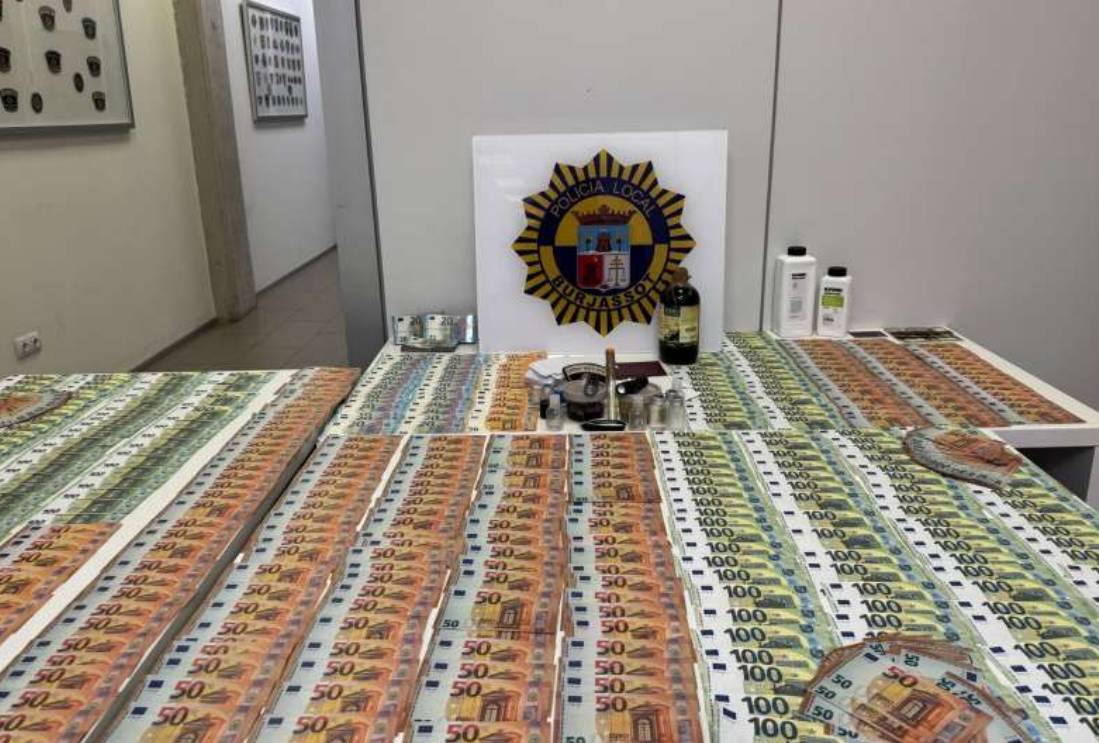
The Burjassot Local Police have apprehended two individuals and confiscated a substantial quantity of counterfeit banknotes, as well as a variety of chemicals and instruments that are purportedly used to perpetrate the “inked banknote scam,” a type of fraud that is prevalent in numerous countries and is classified as a financial crime.
The operation was conducted as part of a normal traffic and road safety inspection on Avenida Vicent Andrés Estellés at 11:30 p.m. on May 1st. A high-end vehicle that responded evasively to the checkpoint was intercepted by officers. The occupants, who were visibly agitated, provided incoherent responses regarding the vehicle’s origin after it was detained and identified. This prompted a preventive search of the vehicle.
During the inspection, €40,500 in tinted counterfeit banknotes, €20,140 in untinted simulated banknotes, and pre-cut paper in the sizes of euro banknotes of various legal tender values were discovered. Additionally, €7,790 in legal tender cash, some of which was concealed within the vehicle, a Revolut bank card and a passport in the name of third parties, and several SIM cards and foreign currency notes were discovered.
The detainees are CCM, 38, and RGCE, 43, both of Cameroonian descent. They were apprehended and subsequently detained, along with all of the confiscated property, on suspicion of currency counterfeiting and attempted fraud. The Godella Local Police were dispatched to the scene as operational support, and the operation was conducted with their assistance.
The Local Police Headquarters and the City Council are promoting the “Burjassot Segura” Plan, which includes this action. The objective of this initiative is to enhance public and road safety by means of strategic controls, coordinated actions, and preventive surveillance.
Since its implementation, this plan has resulted in numerous arrests for property crimes, counterfeiting, drug trafficking, and other criminal offences, thereby establishing a secure urban environment for the municipality’s residents.
What is the “tinted banknote scam”?
This type of fraud, also referred to as a “chemical scam,” involves deceiving victims into believing that it is feasible to convert tinted black or white paper into legal tender through the use of specific chemicals.
In order to establish credibility, fraudsters fabricate a fraudulent demonstration. They insert a genuine banknote that was previously concealed between treated papers and, by employing reactive liquids, feign that it has been “washed” and transformed into a valid banknote. After the victim is persuaded, the scammers demand substantial quantities of money to acquire additional “treated paper” and reagents, which are, in reality, of no value.
This form of fraud is typically associated with roving networks that operate in various territories and is classified as a crime of fraud.
Discover more from Costa Blanca Daily
Subscribe to get the latest posts sent to your email.
-

 News2 weeks ago
News2 weeks agoMadrid-Lisbon high-speed train to cut journey time from 10 hours to three
-
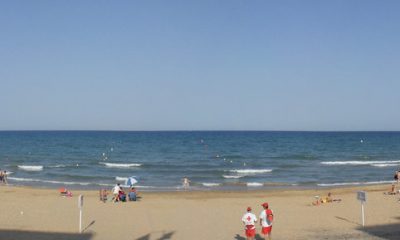
 Costa Blanca2 weeks ago
Costa Blanca2 weeks agoA swimmer adrift in an inflatable rescued off Guardamar beach
-
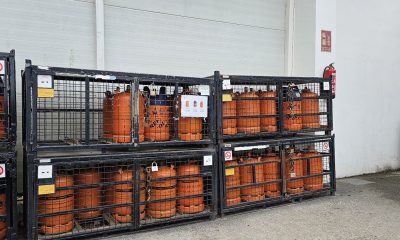
 Costa Blanca2 weeks ago
Costa Blanca2 weeks agoGoodbye forever to the traditional butane gas bottle
-
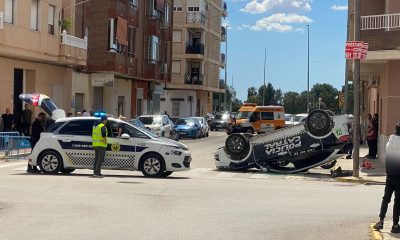
 Costa Blanca2 weeks ago
Costa Blanca2 weeks agoCatral Local Police car ends up upside down after accident
-

 Costa Blanca2 weeks ago
Costa Blanca2 weeks ago“Drug Supermarket” in Denia closed by Police
-
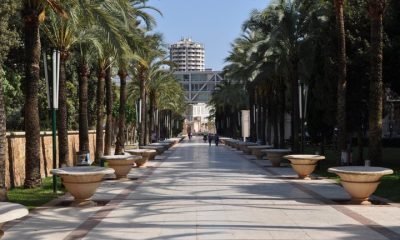
 Costa Blanca1 week ago
Costa Blanca1 week agoBenidorm studies the temperature of its streets to understand “heat island effect”
-
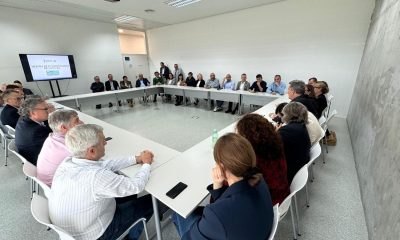
 News2 weeks ago
News2 weeks agoThe Generalitat presents the road map for the widening of the CV-95 between Orihuela and Torrevieja
-
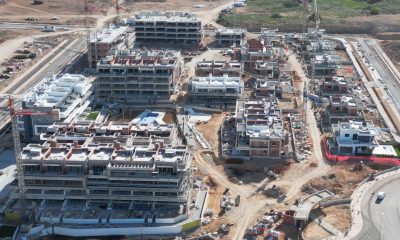
 Costa Blanca2 weeks ago
Costa Blanca2 weeks ago44% of homes in Alicante province were purchased by foreigners

